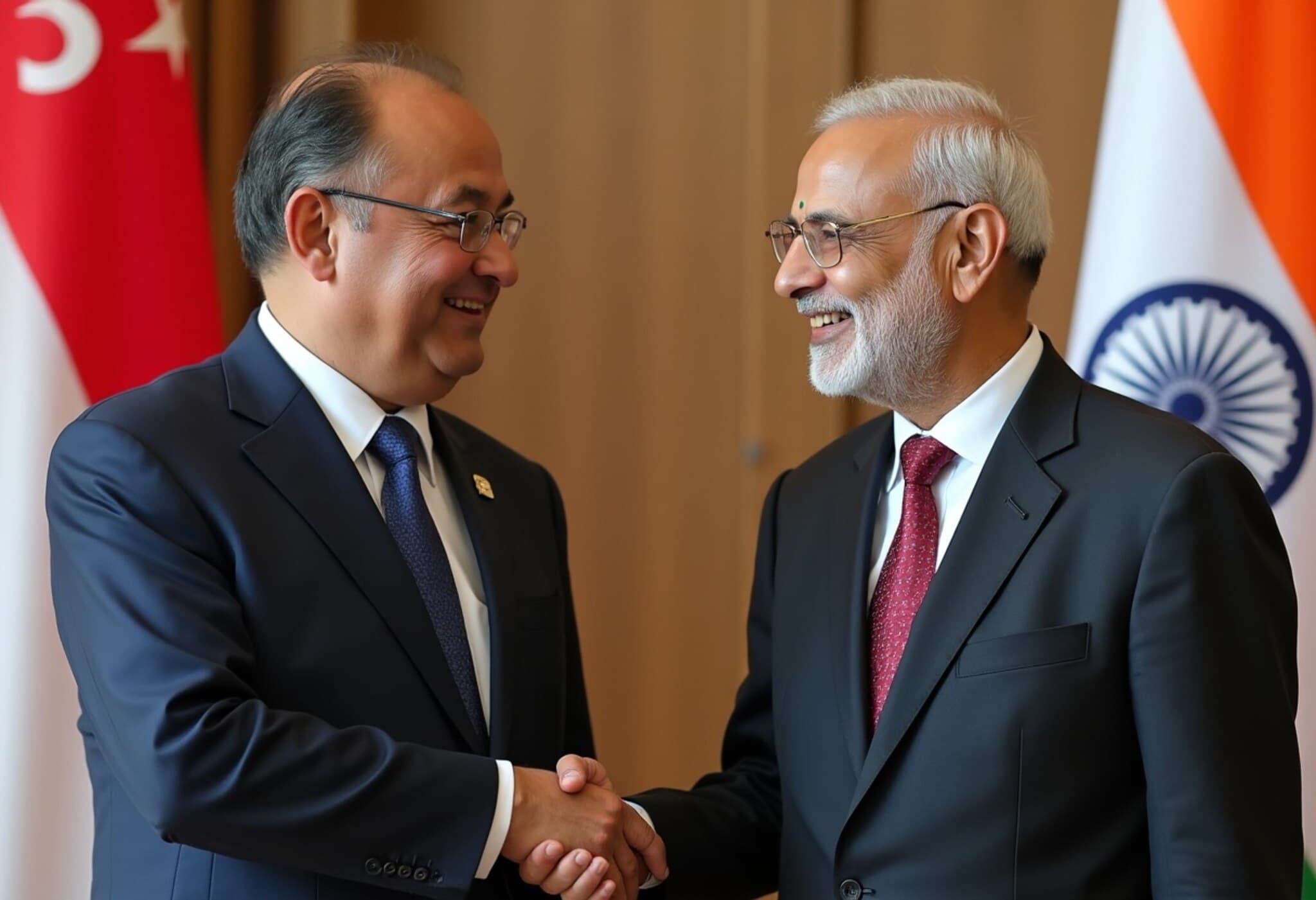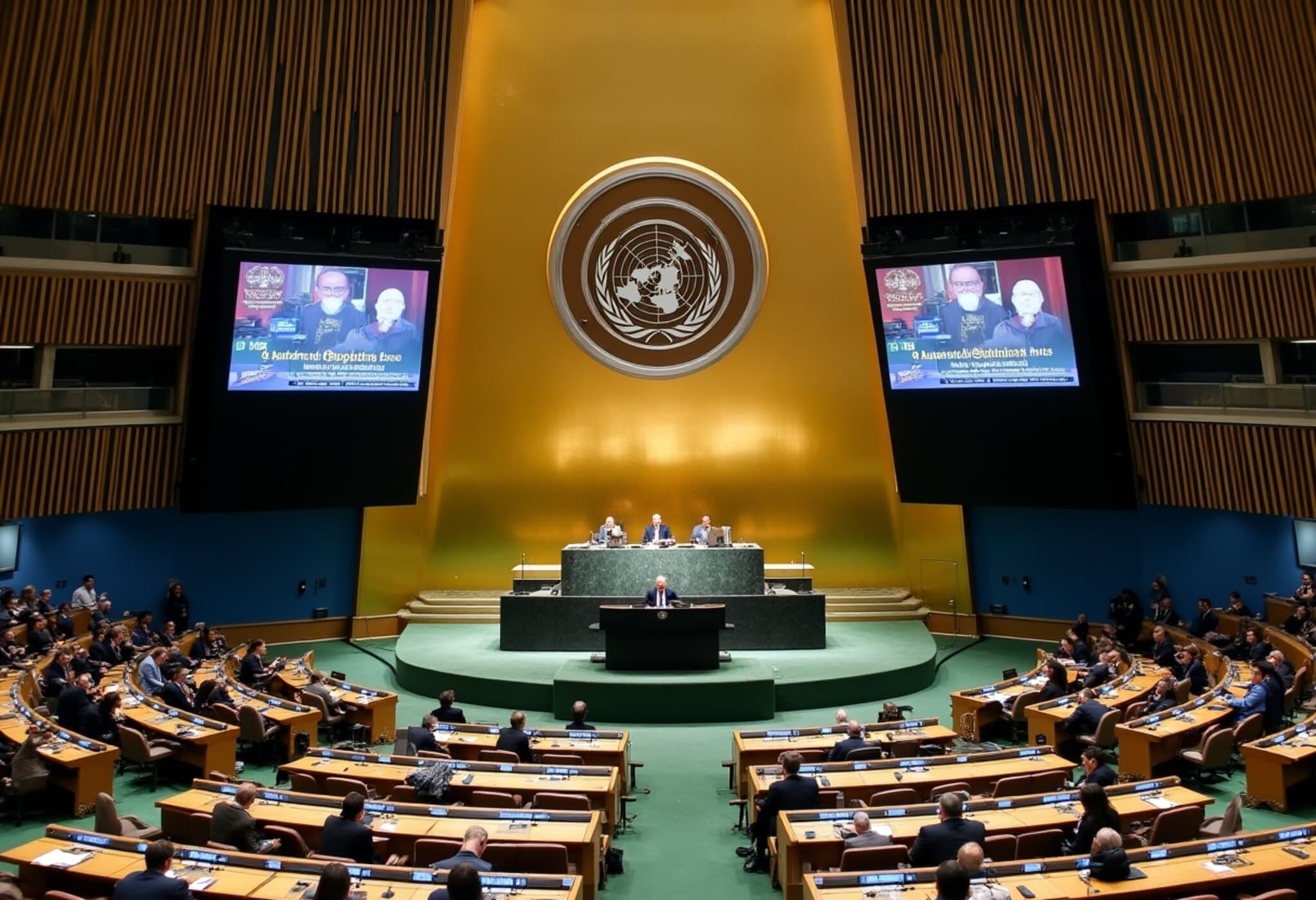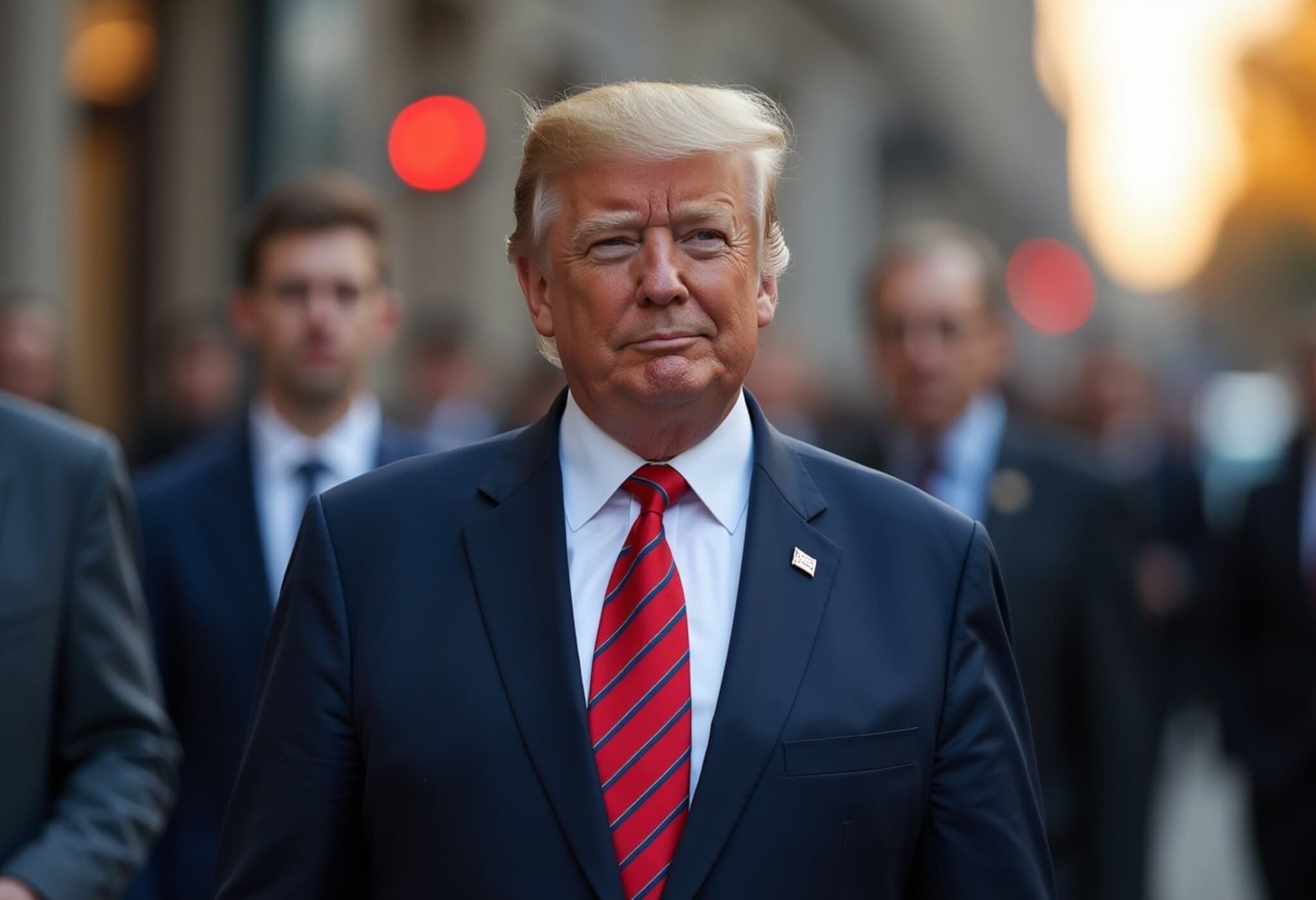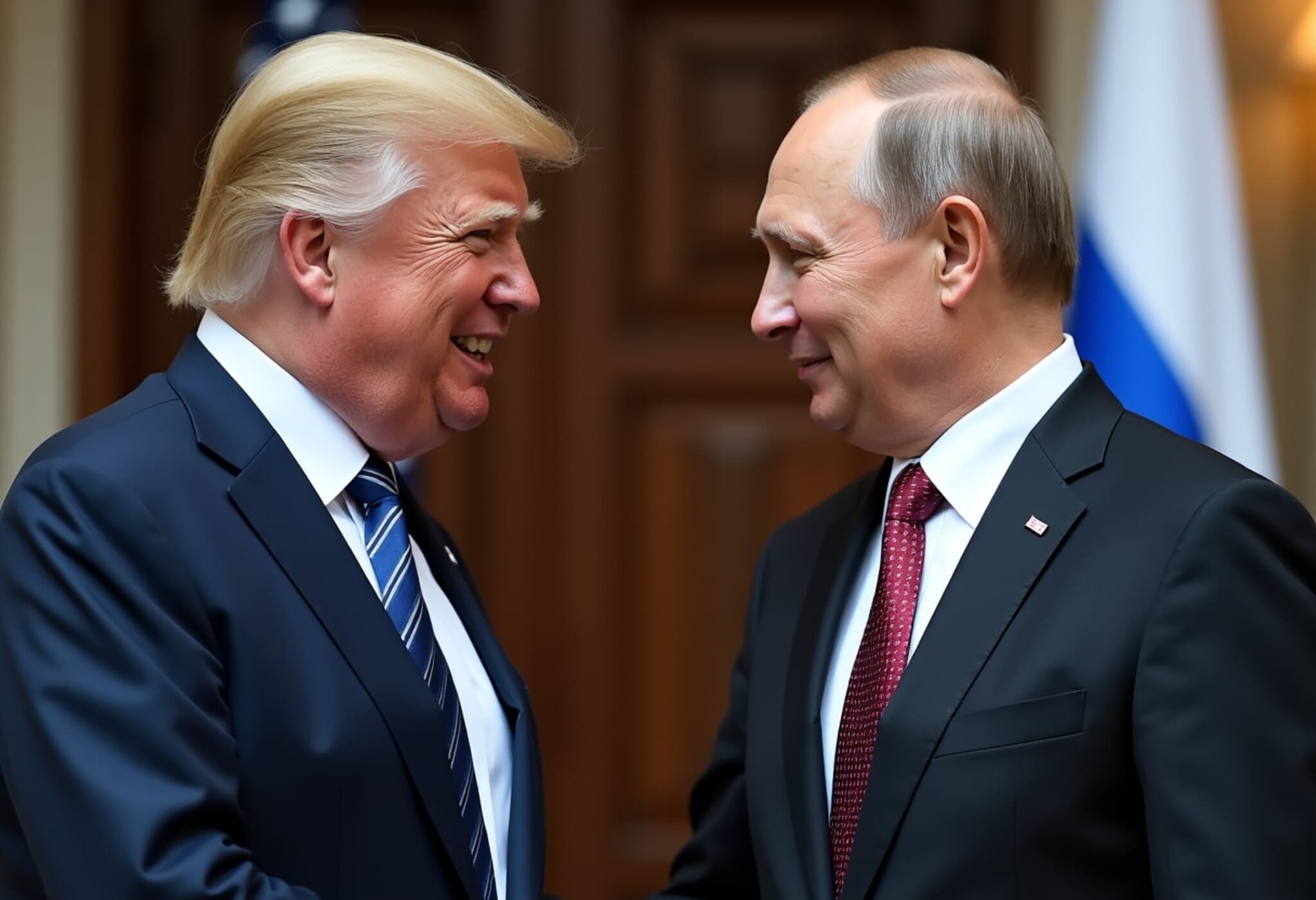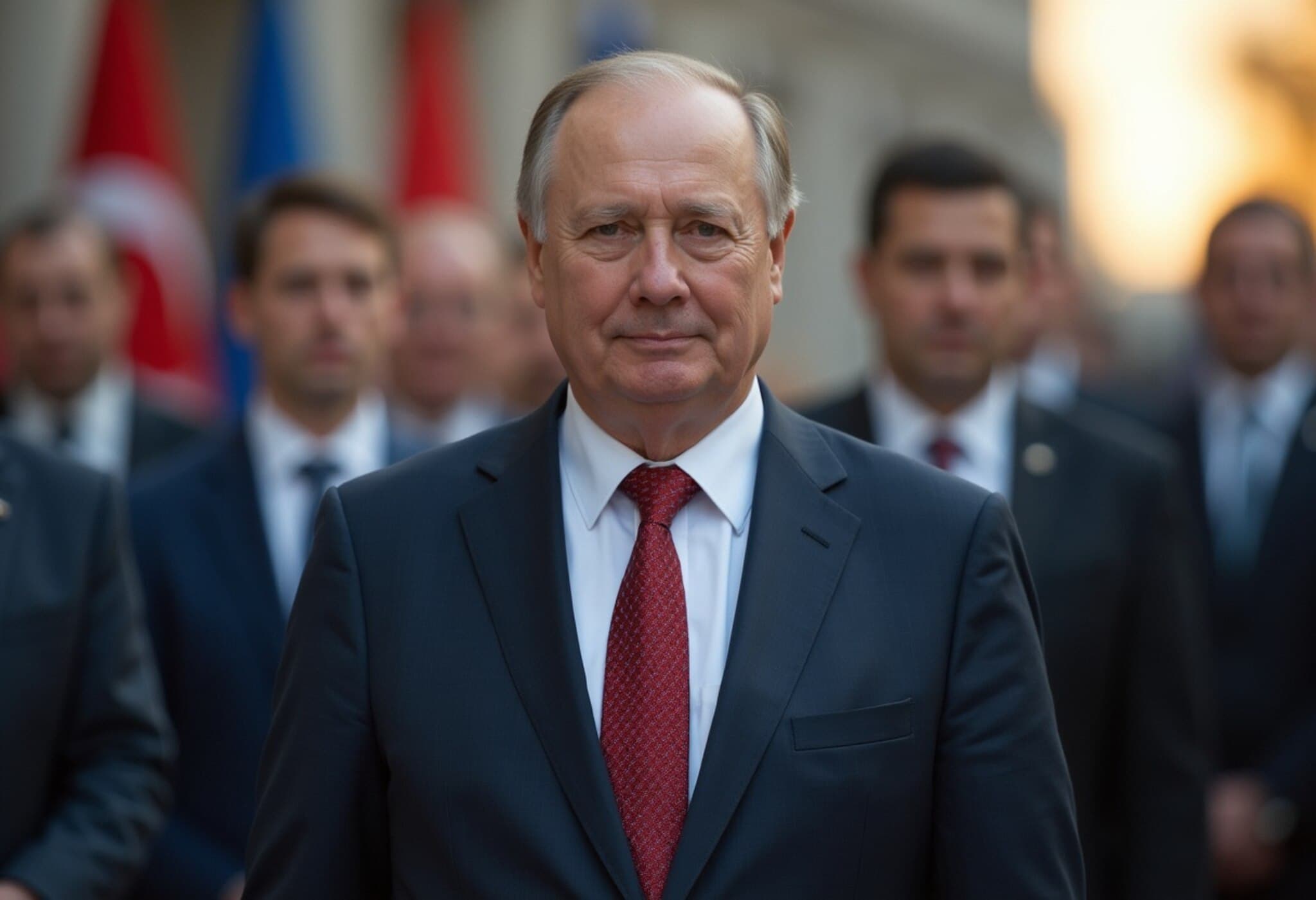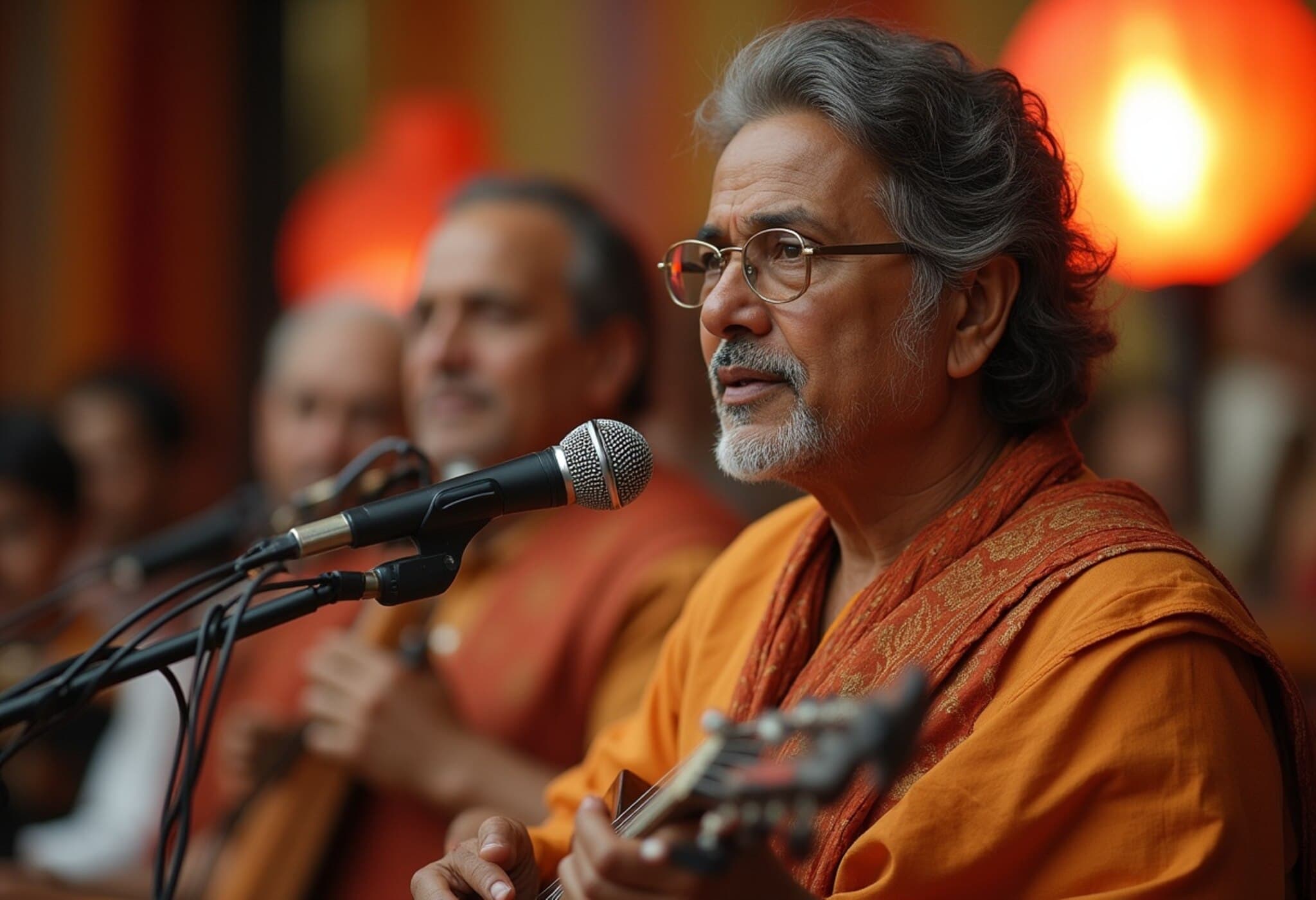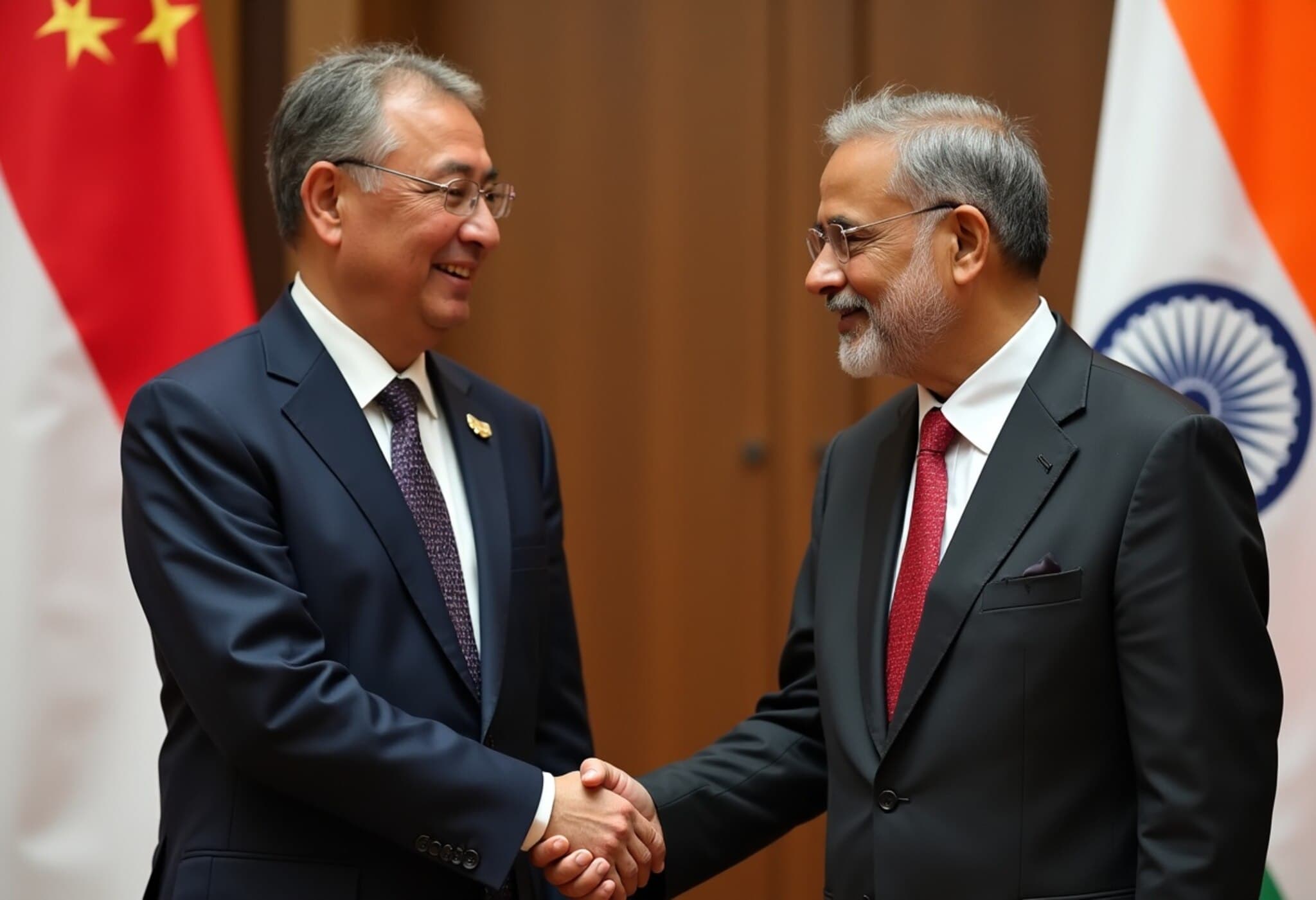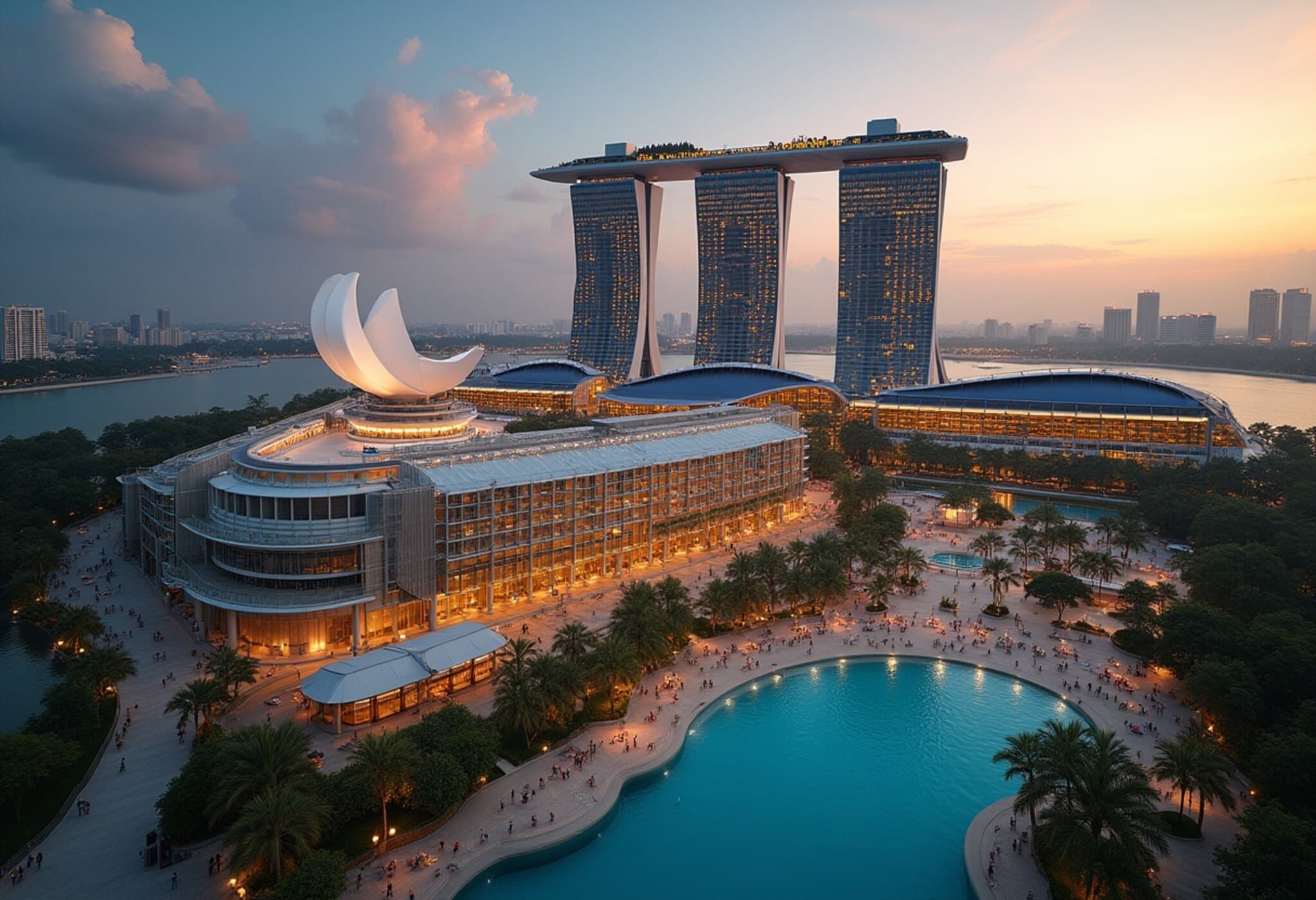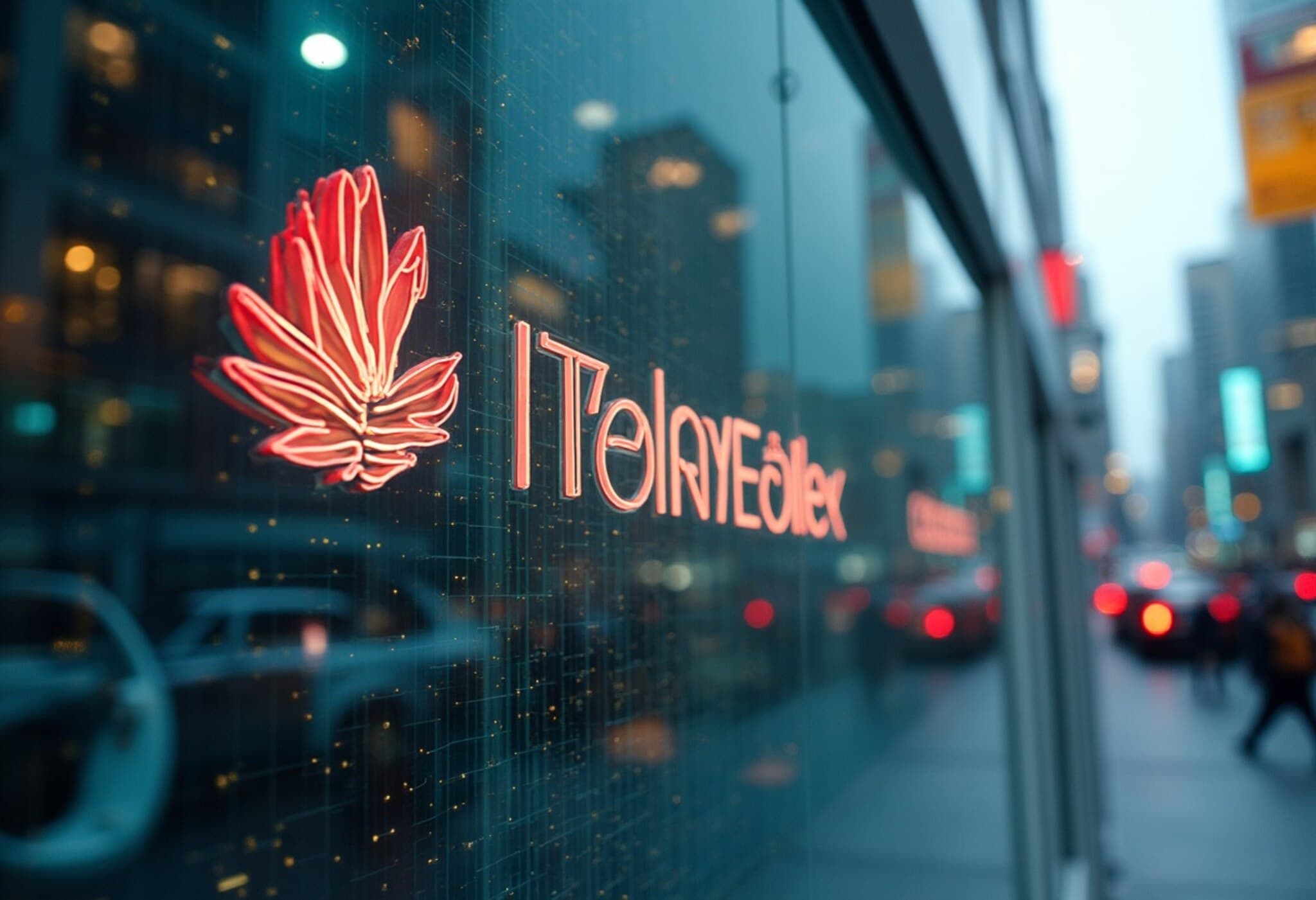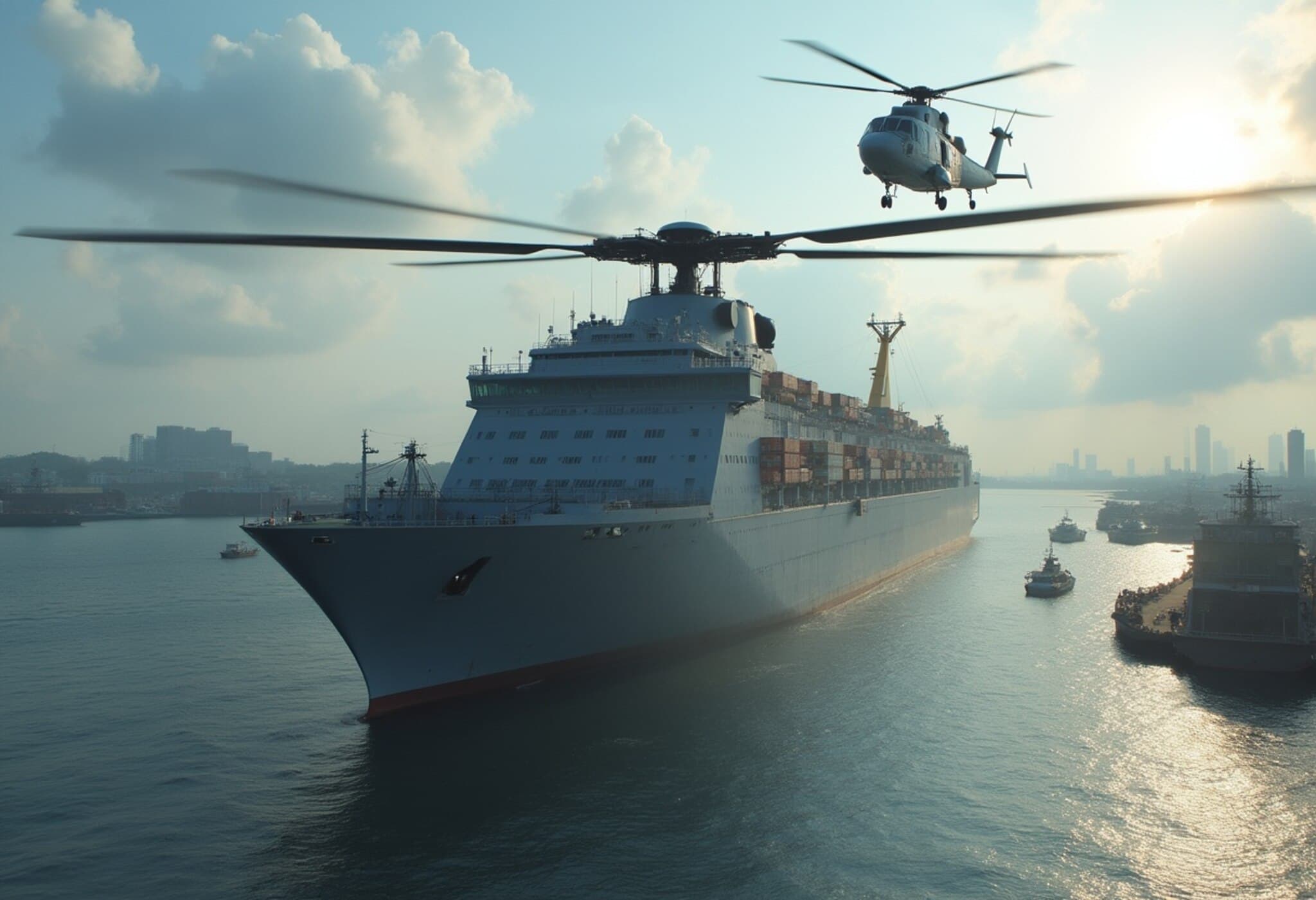Singapore Highlights India's Rising Global Clout in Evolving Multipolar World
As the global balance of power shifts from a unipolar to a multipolar framework, India is poised to take on a significantly expanded role on the world stage. Singapore’s Foreign Minister Vivian Balakrishnan underscored this perspective following his meeting with India's External Affairs Minister S. Jaishankar in Singapore on Sunday.
Diplomatic Engagements Strengthen India-Singapore Ties
During his official visit to Singapore, Jaishankar engaged with key leaders such as President Tharman Shanmugaratnam and Deputy Prime Minister Gan Kim Yong. He reaffirmed Singapore’s crucial position within India’s Act East Policy, describing the city-state as a pivotal partner for economic and strategic collaboration.
Jaishankar’s interactions were marked by vibrant exchanges on bilateral cooperation, exemplified by his meeting with Teo Chee Hean, chairman-designate of Temasek Holdings, where discussions focused on India’s ongoing transformation and investment opportunities.
Multipolarity: A New Geopolitical Landscape Shaping India's Strategy
Balakrishnan's public statement highlighted the increasing importance of India in a world that is gradually shedding the dominance of singular superpowers. “As the world inexorably transitions into multipolarity,” he noted, “India will emerge as one of the major poles of opportunity,” signaling recognition of India as a vital economic and political force.
This outlook reflects a broader international trend where emerging economies, economic blocs, and regional powers are redefining diplomatic and security arrangements. The India-Singapore alliance is emblematic of this evolution, moving beyond traditional partnerships toward more comprehensive strategic engagements.
Key Areas of Cooperation and Regional Impact
The India-Singapore relationship was upgraded to a comprehensive strategic partnership last year during Prime Minister Narendra Modi’s visit, and recent talks reviewed progress on shared goals, including:
- Joint investments and development of industrial parks
- Collaboration in semiconductor manufacturing
- Infrastructure development and skill enhancement initiatives
- Improving regional connectivity within ASEAN and the broader Indo-Pacific
Such steps aim to deepen economic integration and fortify strategic resilience in a region witnessing growing geopolitical competition.
Looking Ahead: India's Diplomatic Path
Following Singapore, Minister Jaishankar's next stop is China, where he will attend the Shanghai Cooperation Organisation (SCO) foreign ministers’ meeting. This visit is significant as it marks his first engagement with Chinese officials since the 2020 Galwan Valley clashes, which severely strained India-China relations.
This sequence of diplomatic engagements illustrates India's nuanced approach: strengthening ties with key partners like Singapore while managing complex relationships with neighbors amid a changing geopolitical landscape.
Expert Commentary: The Stakes and Opportunities for India
The acknowledgment of India’s ascending role by Singapore, a small yet economically powerful state with strong global trade links, is both symbolically and strategically important. Singapore’s position as a global financial hub and gateway to ASEAN gives this endorsement considerable weight, affirming India’s ambitions to deepen economic ties in Southeast Asia and leverage regional forums.
From an American policy perspective, India's evolution towards a major multipolar pole aligns with US interests in counterbalancing China’s regional dominance while promoting stability and open trade routes in the Indo-Pacific. India’s expanded role could also recalibrate supply chains and technology collaborations, which have gained urgency amid global economic realignments since the pandemic.
Underreported Aspects and Critical Questions
- How will India balance deepening strategic partnerships like with Singapore with its complex neighbors, particularly China?
- What are the prospects for India’s semiconductor ambitions given regional competition and supply chain vulnerabilities?
- How might India’s Act East Policy evolve to foster even stronger ASEAN integration beyond economic ties?
- Will the multipolar global order increase India’s responsibilities in global governance, peacekeeping, and climate diplomacy?
Editor's Note
India’s rise as a central player in a multipolar world signals a geopolitical pivot with profound implications for regional and global dynamics. The expanding India-Singapore partnership epitomizes the strategic recalibrations underway, blending economic ambition with diplomatic outreach. As India steps onto this larger stage, observers should watch how it navigates the balance between cooperation and competition, particularly vis-à-vis China and the ASEAN bloc. This evolving narrative raises pivotal questions about the future of global power structures and how emerging partnerships will shape peace, prosperity, and stability in Asia and beyond.

